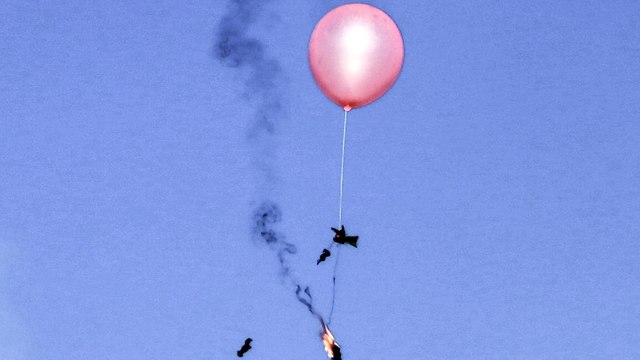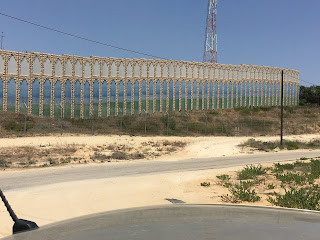Deuteronomy, the final book of the Torah, is Moshe’s farewell to the people Israel. It is his way of shaking them up, of offering them his final words of wisdom so they will not become complacent as they enter the Promised Land.
To my
mind, it is also Moshe’s way of reminding himself that he did well. That he has
a legacy to impart.
Ha’azinu is the beautiful poem with which Moshe
ends this address. In it he said, “Ask your father, he will inform you; your
elders, they will tell you” (Deuteronomy 32:7). Don’t forget what happened,
Moshe is saying. Ask your elders, they will remind you, they will teach you.
As a
chaplain, I accompany people during different stages of their lives. What
exactly is a chaplain? Someone who serves the spiritual and emotional needs of
others by being fully present to the needs of the moment, usually through
visiting, listening and prayer.
I work
with elders, particularly those with dementia, those who are ill or nearing the
end of life. While they aren’t always in the mood to talk, they know that I’m
there for them when they are. The important thing is that I present myself as
someone who respects each person as an individual who has something important
to offer, and who I am willing to listen to and learn from. One can learn a
great deal, even just sitting with someone in companionable silence. In
chaplaincy-speak we call this the “ministry of presence.”
Just as
Moshe did, we all look to the end of our lives and wonder what those final
moments will be like. We want to leave a legacy. Unlike Moshe, we do not know
the circumstances of our death and are not able to plan a grand farewell
speech, particularly while we are in good health, to those we are leaving
behind.
During
this season of self-examination and rededication, I want to remind all of us to
pay attention to the elders around us. Take the opportunity to benefit from
their wisdom. As we age, let us take the time to share our wisdom with the next
generation, so that they know who we are and the lessons we want to pass on.
Then, if the time comes that we can no longer speak, know that the heavens and
the earth will bear witness to the thoughts and prayers in our hearts and
souls.
This Dvar
was first printed in the Washington Jewish Week 9/21/18


















